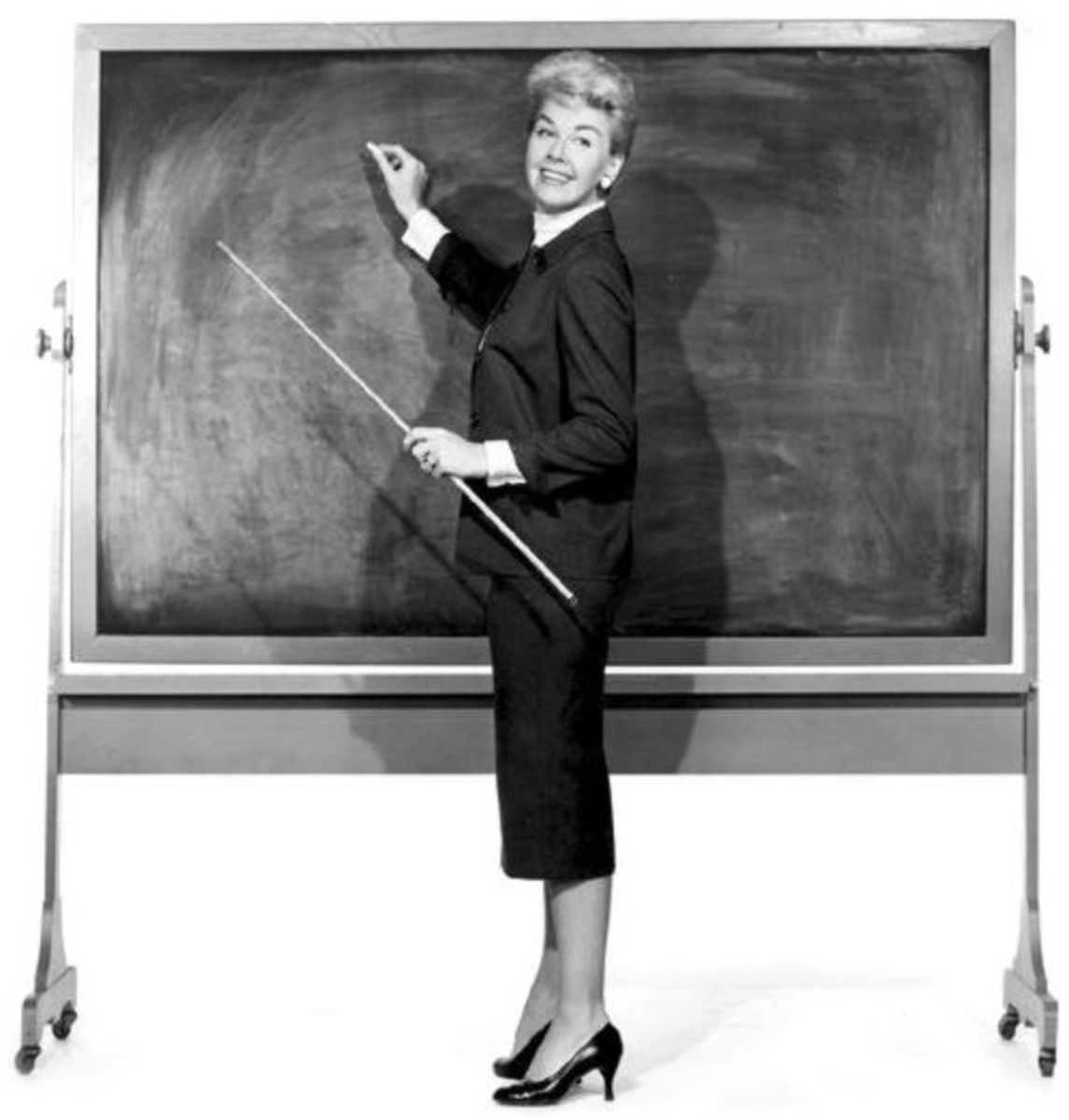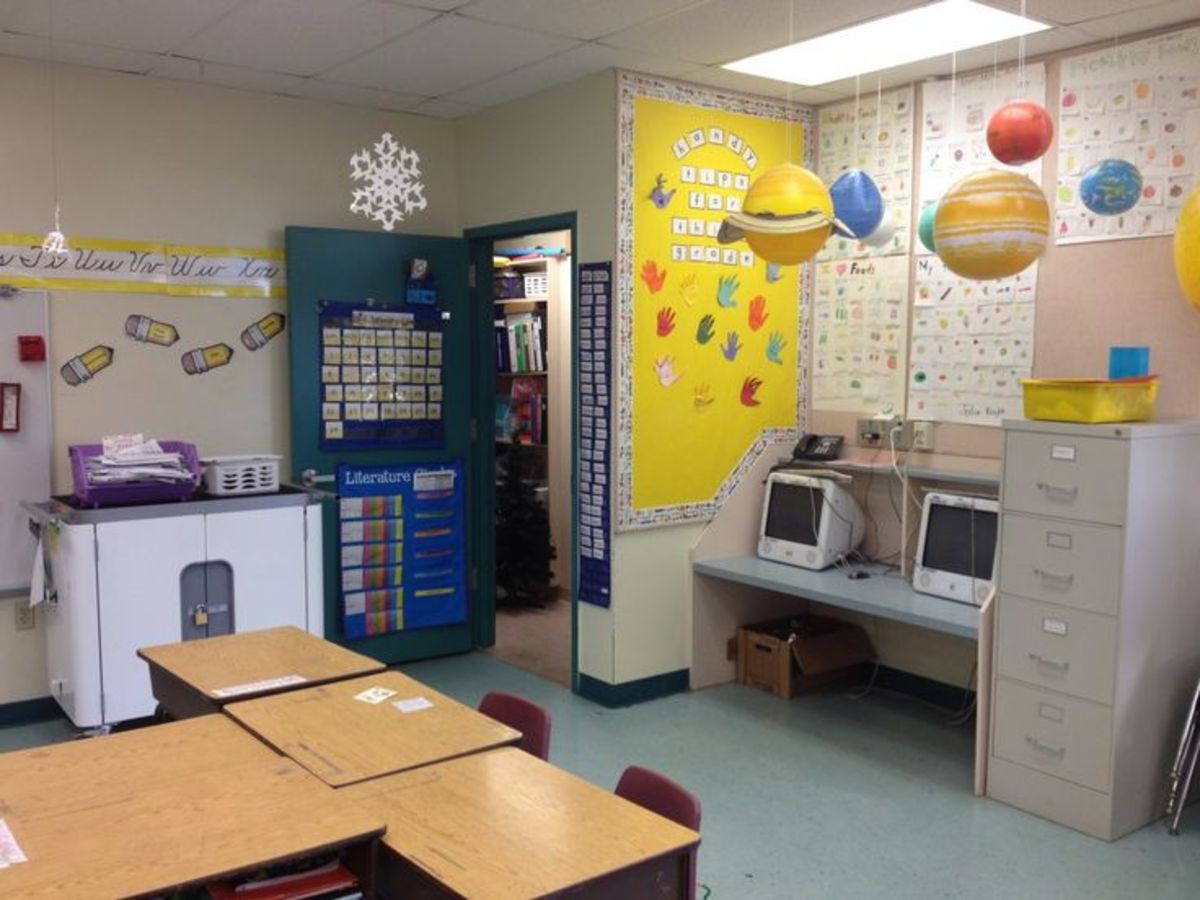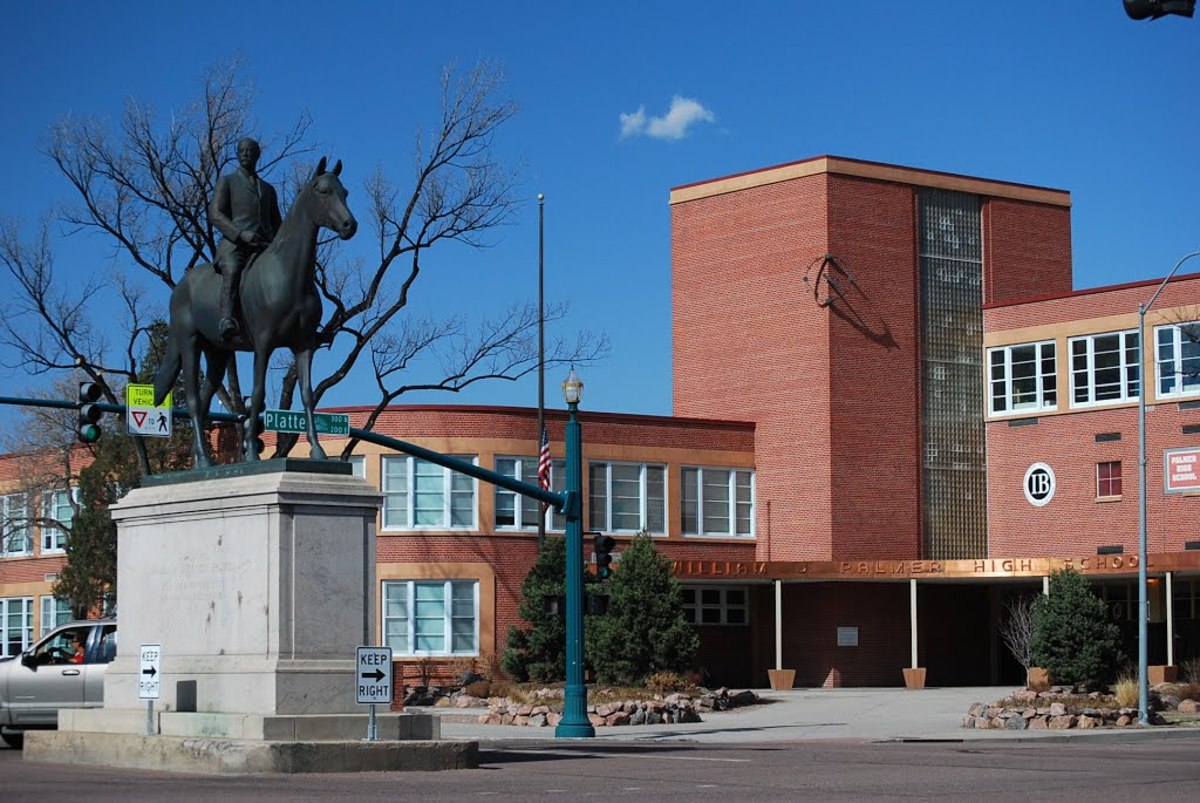Educators Heading the Wrong Way
Computer Age Children at Work
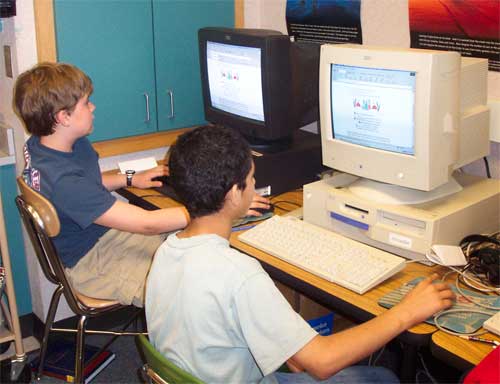
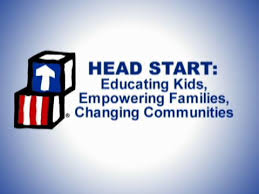
It's the first thing you hear whenever school-age children get into trouble: Where are the parents?
It's the parents' responsibility to instill in children good ethics and good morals as well as personal and community responsibility.
Of course.
Our nation's schools cannot, and should not, be responsible for the upbringing of our children. School administrators and teachers are no substitute for parents.
Who would argue otherwise?
Dramatic Social Changes
The real problem is that America's school systems have not kept up with the changing nature of our economy and society in general. Beginning with World War II, dramatic changes have occurred in the traditional, extended American family. We need not go into detail here about the percentage of women in the work force, the high divorce rate, the geographical break up of families, or the number of one-parent households.
For decades, school systems have experimented with curriculum. One notable failure is the "new math" that was promoted a few decades ago. There also have been a few successes, notably Head Start.
But, now, many state governments and school systems are pushing to lengthen the number of hours of classroom instruction, extend the school year through much of the summer, and begin preschool even earlier than is now common.
Usually, proponents of longer hours cite competition with foreign countries, primarily Japan, and advances in science and technology in attempts to justify their positions.
Too Much Time in Classrooms
The call for longer hours and elimination of the traditional summer vacation, however, wrongly put the focus of educational reform on student performance instead of administrative failure. Students today do not spend too little time in school, rather they spend too much time in classrooms! Also, too much time is wasted in testing, time students should spend learning.
School administrations need to give more backing to their teachers in both curriculum and discipline. Parents' involvement in school systems, touted as being highly desirable, too often results in administrators fearing to impose appropriate discipline.
Our youngsters would be better served by spending more time with their families and less time in classrooms. Such basics as reading, writing, math and science must be taught in classrooms settings. But such time could be markedly reduced by making greater use of those "media centers." Not every subject has to be taught one-on-one.
Proctors Could Advise Students
Proctors could be employed to direct students to spend their time wisely in the media centers, where they have the potential to attain vast knowledge of subjects not presently taught in our schools -- including any subject in which they have a personal interest, which school systems today entirely ignore.
As a product of the American education system, I can personally certify that there's a whole encyclopedia of topics I was not taught in any school. There were some wonderful teachers, but their hands were tied.
Let's jump head first into the 21st century by using our technological advances in harmony with traditional values to provide our youngsters with the best we have to offer. And that's a lot!
I wrote this column as a "My View" for The Hour newspaper of Norwalk, Conn., on July 26, 1997. I now write my views on a wide variety of topics on HubPages.





